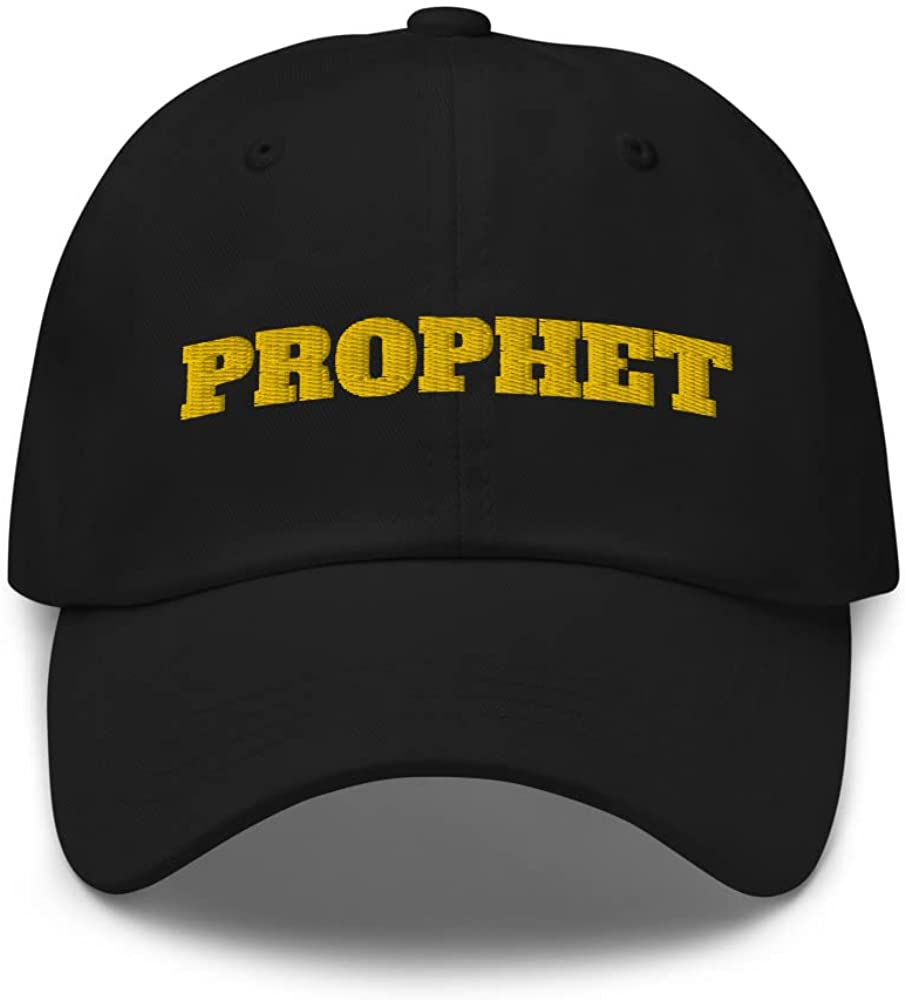My Prophet Hat: Introduction to Hosea
- Rod Myers

- May 15, 2023
- 3 min read
Updated: Jun 8, 2023

Context is king in hermeneutics and exegesis. Without context we are like a ship without a GPS system, left to our own speculation as to which way to turn. We can’t know where we have been or where we are going. Who is Hosea? When did he live? Who was his audience? What was going on in the world where he lived? What was the central message he was commissioned by God to preach? My textbook for the Minor Prophets was Jack Lewis’ little book simply entitled The Minor Prophets. Hosea lived in the 8th century B.C. in the Northern Kingdom of Israel. In fact, Hosea is the only writing prophet of the Northern Kingdom. The aggressor and enemy of Israel was Assyria whose capital was Nineveh. Tiglath Pileser III was the king. This period is recorded in 2 Kings 15:8-17:41 with six kings ruling in the Northern Kingdom, most suffering assassination by the hand of their successor. The army leader Sargon boasts of carrying off over 27,000 captives in 721 B.C., the date of the fall of the Northern Kingdom of Israel. Assyria also attacked the Southern Kingdom of Judah who was miraculously protected by God from falling. They went for another 135 years before being taken into exile by Babylon. They returned to their land 70 years later as foretold by Jeremiah, the prophet.
The central message of Hosea is God’s polemic against Israel. God is making it clear that as a wife to Him, Israel is no more than a prostitute. She has committed spiritual adultery and the accompanying physical sexual immorality in Baal worship which was introduced by wicked Jezebel. To illustrate this point God instructed Hosea to marry a woman of harlotry. Her name is Gomer. She bears him three children, but it is my position that these children are not his, but the product of her prostitution. Each child is given a name by God to illustrate something of God’s message to Israel. Jezreel means God plants or scatters, foreshadowing a promise to replant his people but a name which is also associated with the Valley of Jezreel where Israel’s military might will be broken. Lo-ruhamah means “not loved” to indicate the change of relationship between God and His people. Lo-ammi means “not my people” to indicate that God cannot be God to a people who do not want to serve Him. Gomer reaches a stage of her promiscuity where no one wants her. She is brought to the auction block to be sold as a slave. God tells Hosea to buy his wife, bring her home, court her, and love her again. This story is the drama of God and Israel.
Hosea is more than a book of condemnation. It is a book of love for an unfaithful wife. In a day when divorce is so easy, God shows us the extent to which He is willing to go to maintain His relationship with His people, His wife. As we proceed through the book, we will hear some strong language of truth. Just remember God’s truth is always meant to give us freedom. This is a lesson moderns need to hear again. We do no one a favor when we withhold truth from them. We must speak truth in love, but we must speak truth. Hosea teaches us that. He bridges the gap between grace and truth just as Jesus did 750 years later. There is no good news until we first grasp the bad news. Hold on as we go for a ride together through Hosea. Put your prophet hat on.


Comments